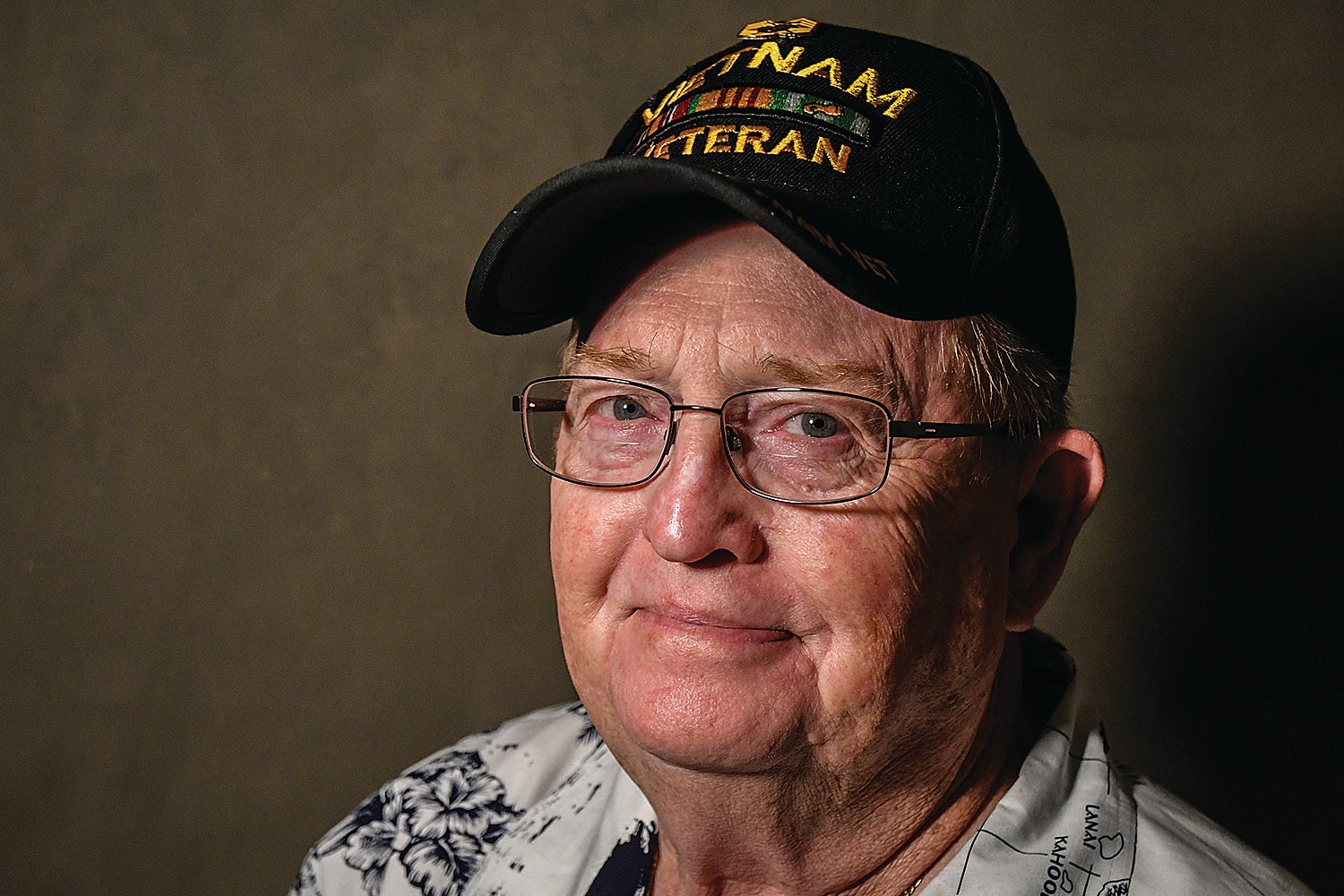Talking to our kids about cyberbullying
Published 10:25 am Wednesday, June 14, 2017
My poor kid is the son of two journalists who will likely stay in the industry for the entirety of his childhood. Along with the typical challenges of juggling jobs and parenthood, there are different hurdles we’ve faced trying to stay ahead of the game.
We’ve taken him on assignment—his dad, a sports editor in Alabama, once interviewed people after a football game while pushing a stroller around the field—and there are some days when he spends more time in this newsroom than at home. But mostly, we learn to manage like everyone else because if there’s one thing I’ve learned in almost four years as a journalist mom, a crying kid doesn’t care one bit about your deadline.
Another unavoidable aspect of the job and one I worry will affect our son in one way or another, is the prevalence of cyberbullying. When my son’s dad and I were first dating, we were at the beginning of our careers and soon became targets of harassment for one reason or another. Photos of us were plastered and crudely critiqued on message boards. My mother, who’s tougher than the toughest person you know, stumbled upon a thread about me one day that upset her so much she couldn’t even tell me what it said. Only: “Don’t read those things anymore.”
Then there’s social media, namely Twitter, where anyone can create a fake identity or alias in a matter of seconds and connect with you instantly. If you block them, they can just create another account with a new email address. Most people aren’t that persistent, but dedicated trolls will use multiple accounts to try to get inside your head with personal attacks and insults.
I got used to it over time because we all do. You learn to ignore rather than respond (“Don’t feed the trolls,”) and block however many accounts you have to to go on about your day.
There comes a point when dealing with cyberbullying becomes as routine to the job as doing an interview. You simply absorb it.
There will come a day, unfortunately, when our son is old enough to understand cyberbullying and likely encounter it himself. Considering teenagers are particularly vulnerable to it—recent research suggests teenage cyberbullying victims are more prone to “depression, anger and dissociative symptoms” than those who haven’t been cyberbullied—I wonder how we’ll talk to him about it considering he’ll grow up watching us ignore it. Will he hesitate to talk about it with us? Will he feel pressured to “grow thick skin” rather than address it? How can we protect him in a way that doesn’t make him naive to the dangers of digital technology? Even if it never affects him personally, research also suggests bystanders to online abuse, those who simply observe it happening, are at risk of vicarious trauma.
Mississippi has been proactive in addressing cyberbullying with several statutes that address acts against students and cyberstalking against people of all ages. The first step, however, is acknowledging the problem and making sure our children know it’s not OK. One of the most heartbreaking things about many of the cyberbullying stories that end in teen suicide in hearing a grieving parent say they had no idea anything was wrong, or if they did, they didn’t think it was bad enough to lead to something so tragic.
Opening a dialogue with children and teenagers about cyberbullying is critical, regardless of whether it’s happened before or how closely their digital devices are monitored. Normalizing it ignores the root of the problem and its potential consequences. That goes for adults, too.
We might be older and more mentally resilient to the effects of cyberbullying, but we’re also always setting an example for our kids, whether we realize it or not.
Alex McDaniel is editor of the Oxford EAGLE. Contact her at alex.mcdaniel@oxfordeagle.com





